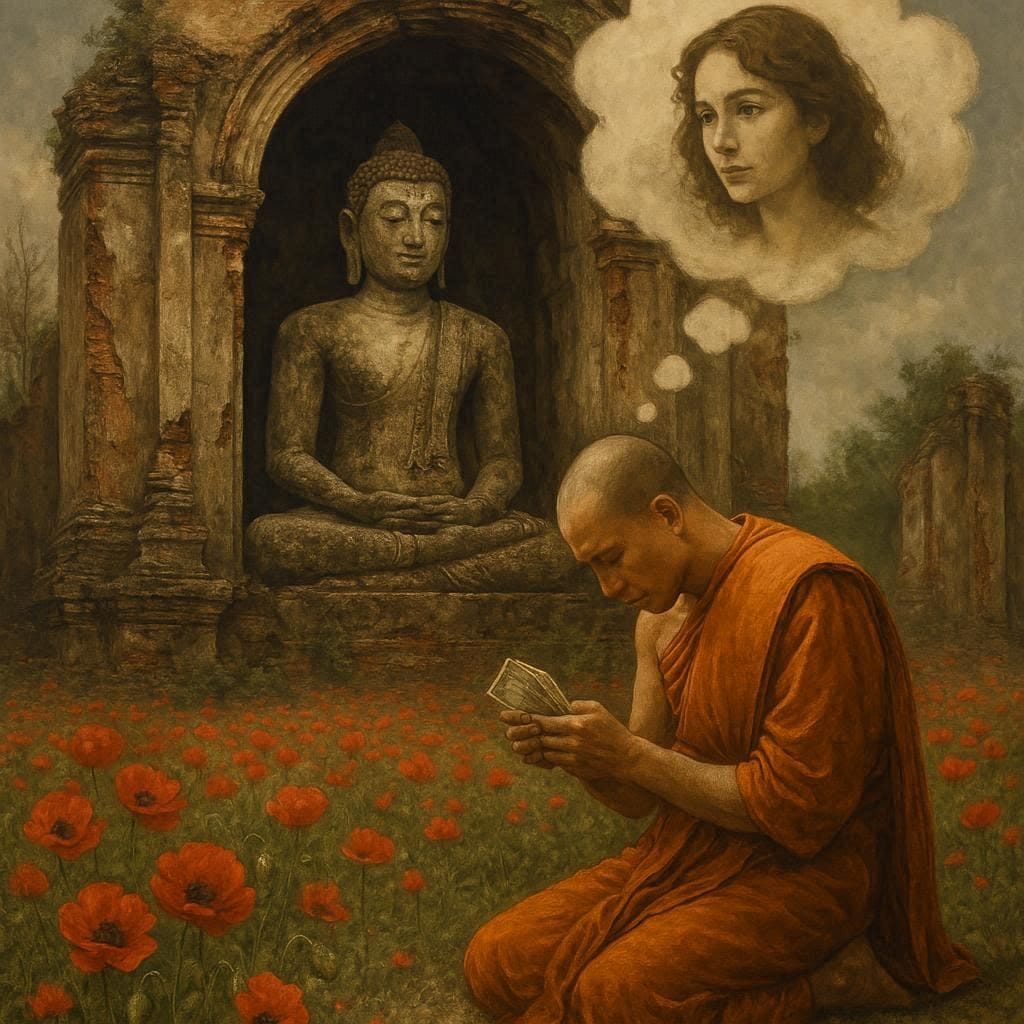Charlie Kirk, Cancel Culture, and the Tall Poppy Syndrome.

We have been indoctrinated to see the world through a politically correct lens. Charlie Kirk
Ancient Greek historian Herodotus and Roman historian Livy initially described TPS as politicians or those in power cutting down opposition to maintain their control over their office. This aspect of TPS has remained unchanged worldwide for over 2,500 years (The Tall Poppy Syndrome - The Joy of Cutting Others Down).
We have discussed cancel culture previously in a very informative blog (see Will Smith, the Academy Awards, and the Tall Poppy Syndrome), as well as the climate of fear (see Culture (Climate) of Fear as Cutter in the Tall Poppy Syndrome). Sometimes having a target on your back requires great courage (see Ildar Dadin, Courage, and the Tall Poppy Syndrome).
Cancel culture refers to the practice of withdrawing support for public figures or organizations after they've done something considered objectionable or offensive, typically through social media campaigns and public pressure that can result in consequences like job loss, social ostracism, or career damage.
The phenomenon gained particular prominence in the 2010s with the rise of social media platforms like Twitter, though similar dynamics of public shaming and boycotts have existed throughout history. Supporters view it as a form of democratic accountability that gives voice to marginalized groups and holds influential people responsible for harmful behavior. They argue it's a way to challenge traditional power structures and create consequences for racism, sexism, harassment, and other forms of harm that might otherwise go unpunished.
Critics argue that cancel culture creates a climate of fear, where people self-censor, often involving disproportionate punishment for minor infractions or mistakes, and that it can destroy lives without due process. They contend that it stifles open dialogue, academic freedom, and the possibility of redemption or growth.
Some also argue that the mob-like dynamics can lead to misunderstandings being amplified and context being lost. This can lead to collateral damage (see Social Movements and the Tall Poppy Syndrome).
The debate around cancel culture often breaks down along political lines, with conservatives more likely to view it as dangerous overreach and progressives more likely to see it as necessary accountability. However, there are thoughtful voices across the political spectrum who recognize both its potential benefits in challenging harmful behavior and its risks of going too far.
High-profile cases have involved celebrities, politicians, academics, and ordinary individuals who faced significant consequences after their controversial statements or actions went viral. The outcomes of being cut down have varied widely, from temporary backlash to permanent career damage, with some individuals later experiencing rehabilitation. In contrast, others remain effectively excluded from their previous roles or platforms.
The phenomenon raises complex questions about justice, proportionality, forgiveness, and how societies should balance accountability with compassion and the possibility of redemption.
Charlie Kirk was a prominent conservative political activist who lived from October 14, 1993, until his death on September 10, 2025. He was born and raised in the Chicago suburbs of Arlington Heights and Prospect Heights, Illinois, where in high school, Kirk actively engaged in politics, supporting Republican candidate Mark Kirk (no relation) and his U.S. Senate campaign.
Kirk's most significant achievement came early in his life, when, at the age of 18, he founded Turning Point USA in suburban Chicago alongside William Montgomery, a Tea Party activist, to advocate for low taxes and limited government on college campuses. He briefly attended Harper College before dropping out, though he attended from 2013-14, just after starting Turning Point USA.
Under Kirk's leadership, Turning Point USA grew into a "well-funded media operation, backed by conservative megadonors like the Wyoming businessman Foster Friess". Kirk was CEO, chief fundraiser, and the public face of Turning Point USA from its founding to his death in 2025. The organization became influential in conservative student politics across American college campuses.
Kirk was married to Erika Frantzve, a former Miss Arizona USA and collegiate basketball player. They had two children together, though they kept their names and faces private on social media.
Kirk built a significant media presence, growing a large following on Instagram and surpassing 6 million followers. His career was cut short when he was shot and killed while speaking at an event at Utah Valley University.
In an interview, Kirk said he wanted to be remembered for his courage in his faith, not for the target on his back because of his political beliefs. He had a bullet-proof vest on when he was shot.
Everything surrounding his death bothers me, most of all when I hear politicians offer gun control as a simple solution to this complex problem. They often say, "This is not who we are; we are better than this."
As a matter of fact, "we are not better than this" (see Tennessee university fires dean over 'zero sympathy' post after Charlie Kirk killing and MSNBC severs ties with Matthew Dowd over Charlie Kirk comments). The internet is full of scum and schadenfreude.
America needs to get a grip and address the elephant in the room. We need to label and correct the root causes of our political madness. We have radicalized narcissists with suicidal ideations roaming our society who have guns, which are not on the proposed gun control list. We need to acknowledge this and seek remedies.
Tall Poppy Syndrome Newsletter
Join the newsletter to receive the latest updates in your inbox.



